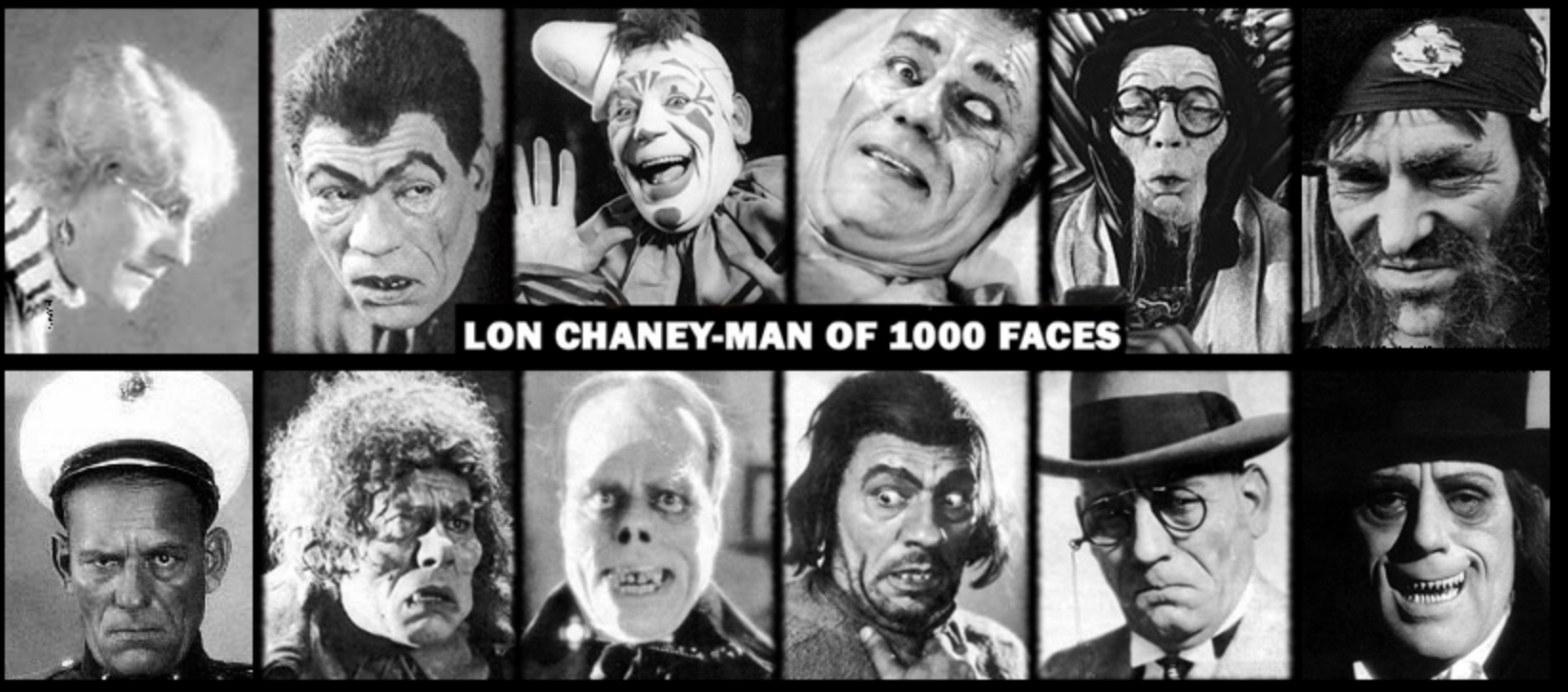Standing before a judge to fight a traffic ticket was a matter of principle to me.
Back in my college days I was helping a friend move. I had loaded up my car with boxes and was waiting for her to come down, get in her car so I could follow her to a new apartment. I had the engine running and the left turn signal on. While I was double-parked, it was only a few minutes. It turned out to be longer when I was pulled over by a police officer. I don’t remember his name… call him Joe Shmoe.
“Do you know why I pulled you over?” he asked.
I explained why I was waiting, he nodded and wrote me up for double-parking.
Before I left the area, however, I noticed something that the officer had overlooked.
Back to the judge. He goes through the formal motions of a trial, (no joke). I’m at one table, the cop was seated at the other next to some district attorney type. The judge reads the complaint and asks me how I plead.
“Totally innocent, your honor.”
Taking the stand, Officer Shmoe recites the incident but leaves out one vital part.
Now, it’s my turn to cross-examine. In my best Perry Mason, I asked,“Officer Shmoe, can you explain exactly what you witnessed after I left the scene?”
“I don’t recall,” he says.
“Well, let me refresh your memory. Did you notice a vacant parking spot where I was double-parked?”
“Yes.”
“You did! Then tell me this. If you had observed me waiting for the traffic to subside before backing into that spot — oh, let’s say for 4 or 5 minutes — would you have ticketed me?”
“No.”
“Aha! You wouldn’t. Your honor, I rest my case.”
“What’s your point, Mr. Lichtman?”
“My point, your honor, is that while I may have been double-parked waiting for my friend, I took no more time than someone who was waiting to parallel park in that empty spot.”
“But you weren’t waiting to park, Mr. Lichtman. You were double-parked waiting for your friend and that’s a violation.”
“Your honor, all due respect, it’s a dumb rule and I logically explained why.”
“You’re probably right,” the judge tells me. “But until they change the law, you’re responsible for standing by it. See the clerk and pay the fine.”
“Your honor!”
He bangs his gavel, end of story and my legal career.
You probably know where I’m going with this.
America’s brilliant track star, Sha’Carri Richardson, the 21-year-old sprinter who crushes the 100-meter dash and is headed to the Olympics in Tokyo was suspended for one month by the American Anti-Doping Agency after testing positive for marijuana.
Richardson said that she had used the drug because she was upset after hearing that her biological mother died.
“I want to take responsibility for my actions,” she told Savannah Guthrie on the Today Show. “I know what I did, I know what I’m supposed to do … and I still made that decision,” she said.
“(I’m) not making an excuse or looking for any empathy in my case, but, however, being in that position in my life, finding out something like that… that definitely was a very heavy topic on me,” she said.
“People don’t understand what it’s like to have to go in front of the world and put on a face and hide my pain. Who am I to tell you how to cope when you’re dealing with the pain or you’re dealing with a struggle that you haven’t experienced before or that you thought you never would have to deal with?” Richardson added.
Opinion after opinion talked about how unfairly Richardson had been treated and how other athletes had been unfairly treated by the Anti-Doping Agency.
Now, I don’t have to go through a laundry list of athletes who denied using drugs only to discover they had. Remember Lance Armstrong? This is the reason why there is an Anti-Doping Agency. However, adding marijuana to the list seemed like a dumb rule to me. The AADA needs to sit down with athletes, coaches and health organizations and reevaluate the definitions and rules for athletes in competition.
But here’s the story most critics miss: Richardson owned up to her mistake; she didn’t try to evade her responsibility and she apologized. In an era where a former president — someone who is supposed to represent more than himself — denies or blames someone or something else for his words and actions, it’s refreshing to hear someone accept responsibility for their decisions and that’s what I liked about Richardson.
“As much as I’m disappointed,” Richardson said, “I know that when I step on the track, I don’t represent myself. I represent a community that has shown me great support, great love, and I failed you all. So, I apologize for the fact that I didn’t know how to control my emotions or deal with my emotions.”
To quote that long-ago traffic judge, “until they change the law, you’re responsible for standing by it.”
Comments
Leave a Comment










Great, as Richardson said, “I represent a community that has shown me great support, great love, and I failed you all.” Lets also think of others and get vaccinated before strains have mutated and spread.